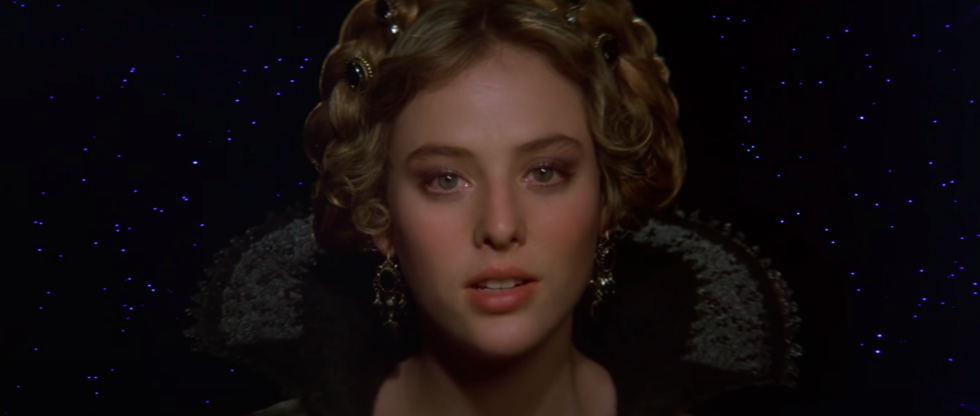Before the new version, let’s revisit 1984’s Dune—the greatest movie ever made
Frank Herbert's 1965 sci-fi novel Dune gets a new film adaptation-this one helmed by Denis Villeneuve (Arrival, Blade Runner 2049)-later this month. But before Ars Technica reviews the movie, there's the matter of its predecessor: 1984's Dune, made by a then up-and-coming filmmaker named David Lynch.
Detractors call Lynch's saga-a tale of two noble space families 8,000 years in the future, fighting over the most valuable resource in the universe amidst sandworms the size of aircraft carriers-incomprehensible, stilted, and ridiculous. It lost piles of money. Yet fans, especially in recent years, have reclaimed Lynch's film as a magnificent folly, a work of holy, glorious madness.

Lynch begins Dune where his previous film (The Elephant Man) ends: a starfield. The Emperor's daughter (Virginia Madsen of Sideways) fades in to bring us up to speed. She doesn't appear again for nearly 2 hours and, when she does, she doesn't say or do anything. [credit: Universal Pictures ]
So which group am I in? Both. Am I about to describe Dune as "so bad it's good"? No, that's a loser take for cowards.
Read 16 remaining paragraphs | Comments